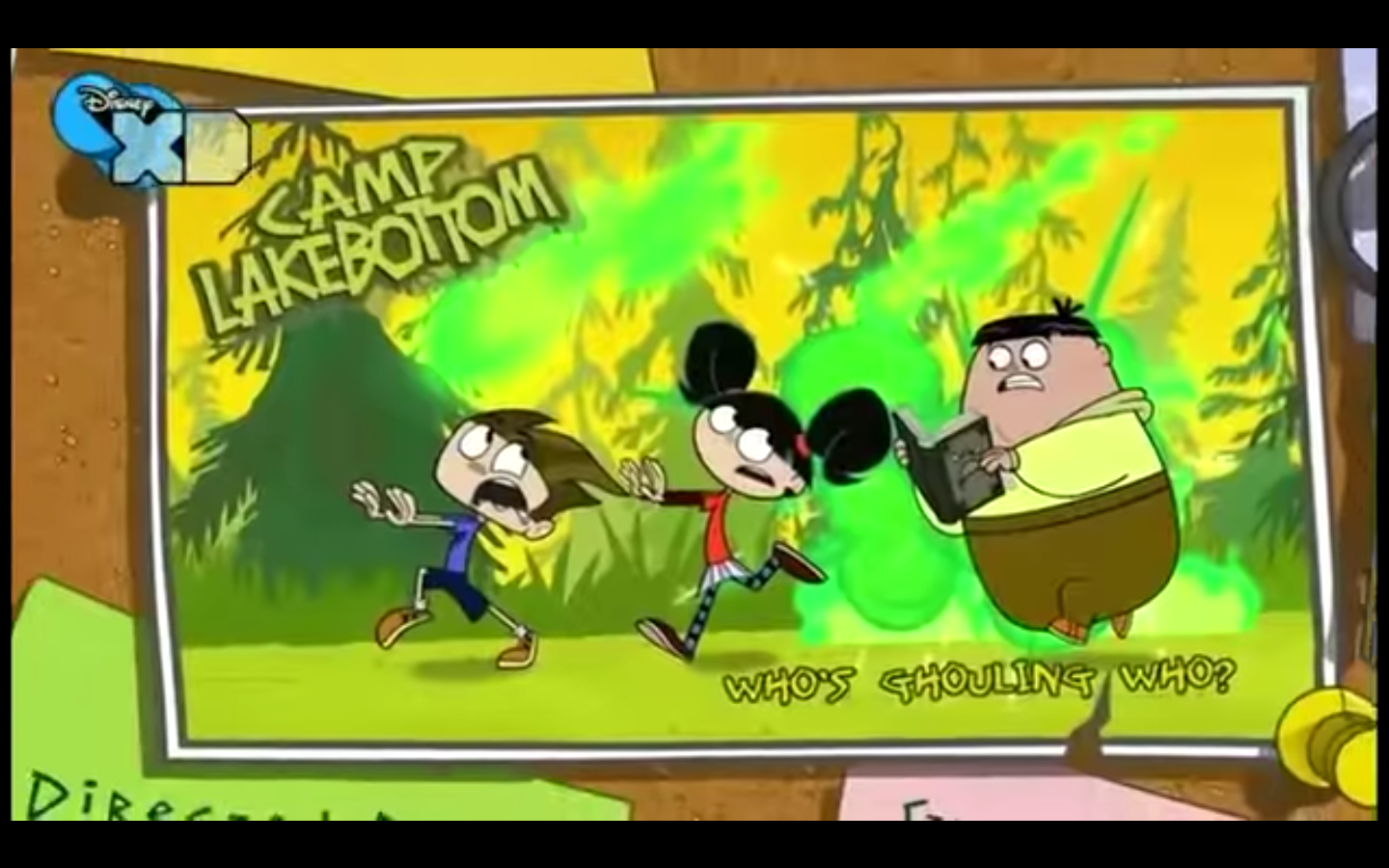
"It was a beautiful rococo goat with a hat made of peas.

Published by Woodstockers Dayl Wise and Alison Koffler, it features a cover painting and drawings by Susan Siegel, whose work Primack first saw at the Hudson Valley Seed Library art show. Kind launched at a Manhattan book party hosted by yogini/animal activist Sharon Gannon at Jivamukti Center. Her chapbook The Slow Creaking of Planets was published by Finishing Line in 2007 a new collection, Doris' Red Spaces, is forthcoming from Mayapple Press in 2014. Her poems have appeared in the Paris Review, Ploughshares, Prairie Schooner, and other prestigious journals. It's a word zone, where ideas meet syntax." She writes many drafts, paring down to essentials. "I'm usually alone and I'm often walking, and I'll click into a zone. Primack's poems begin with a line that comes into her head and sticks. I don't want to string those all together into a narrative." I like to write moments, ideas, characters. I love sloughing off the chaff, bringing writing to its most crystalline." And though she loves reading fiction, "I'm not very interested in writing stories. "My natural urge of expression manifests in poetry. The Lucky Ones was a hit, but Primack is glad to return to her roots.

"And nervous, because I'd never written book-length prose." "I was flattered and delighted," the poet recalls. Primack's passion for animals led Woodstock Farm Animal Sanctuary founder Jenny Brown to choose her to co-author The Lucky Ones: My Passionate Fight for Farm Animals (Penguin, 2012). She and husband Gus Mueller share their Hurley home with two rescued pit mixes and five cats. When a dog walker swings the door open to greet a friend, Primack's voice shoots up an octave, melting in unbridled coos. She speaks with the measured clarity of an experienced teacher-unless there's a dog within earshot.

"It's about the dynamic between humans and other animals in our time, and it's about what it's like to be the kind of person who cares about that," explains Primack, who's clear-eyed and forthright, frequently flashing a warm, gap-toothed smile. These are kick-ass-good poems with a conscience. Though many of Kind's 40 poems explore animal rights, there's nothing tendentious about them, no preaching to choirs. Poem after poem lands with that satisfied moan heard at poetry readings: Mmm, she got that said. Readers may feel the same way about Primack's book Kind (Post Traumatic Press, 2013). Gretchen Primack bites into a Vegan Delight sandwich at Sissy's Café in uptown Kingston.


 0 kommentar(er)
0 kommentar(er)
